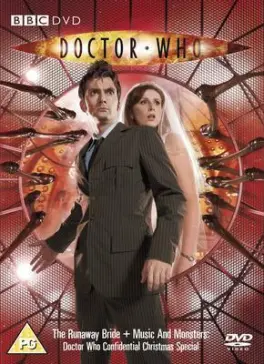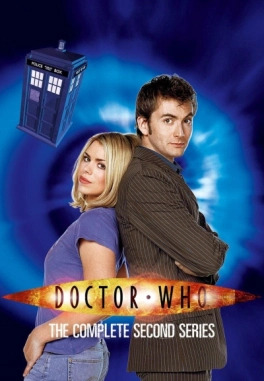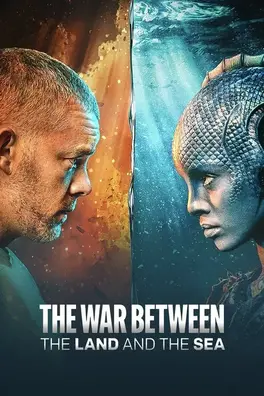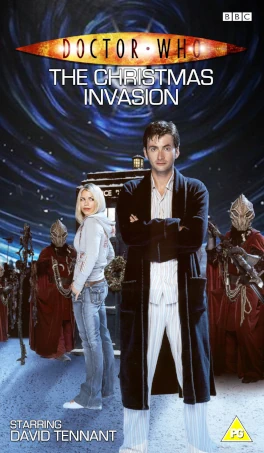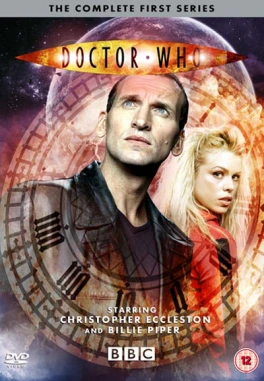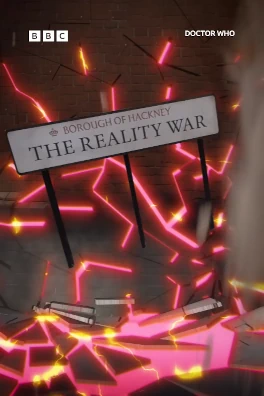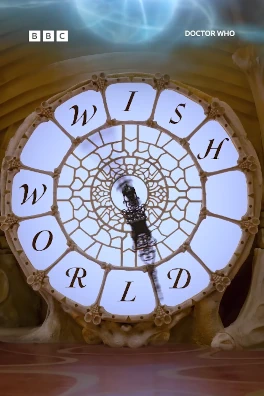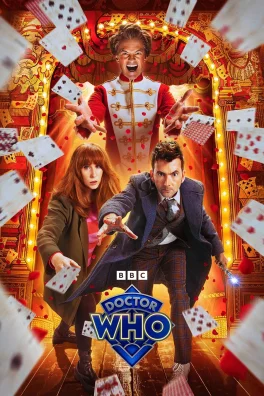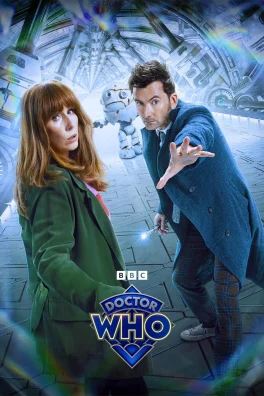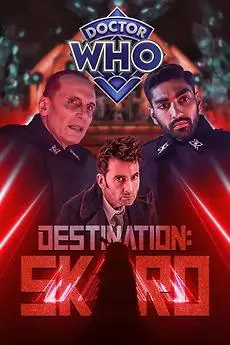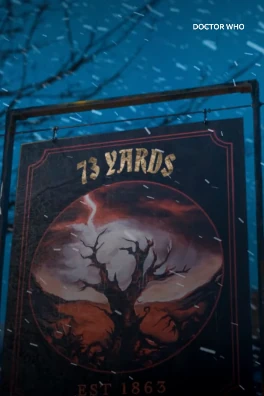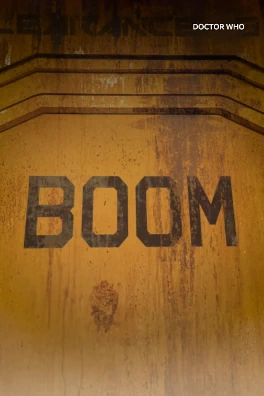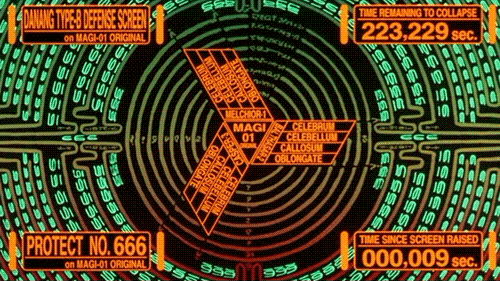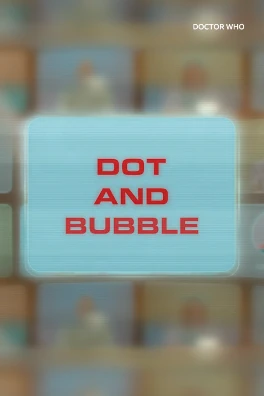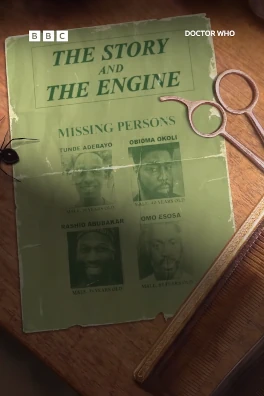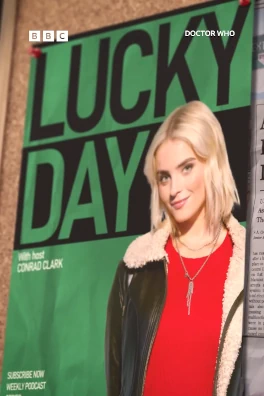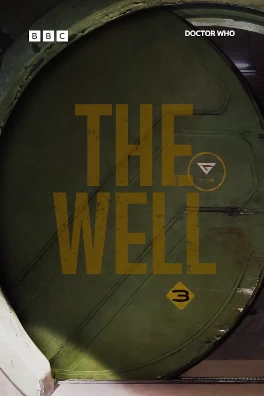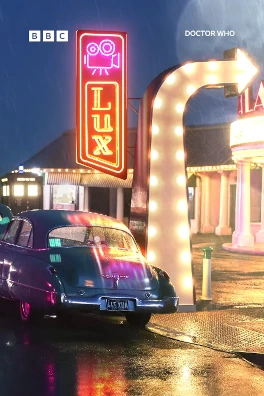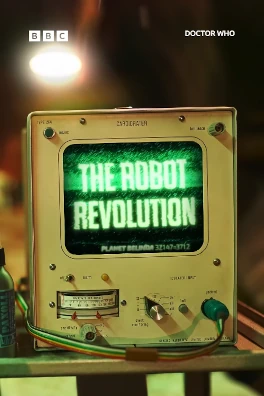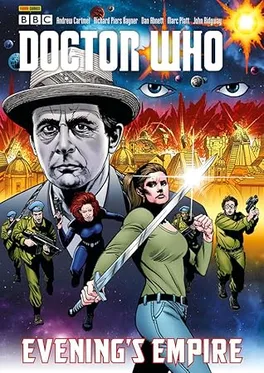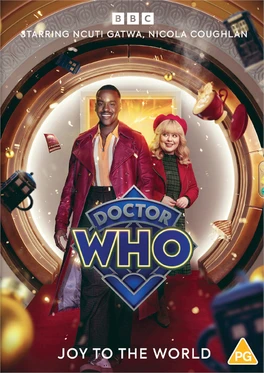Vols.: I, II, III, IV, V, VI, VII, VIII, IX, X, XI, XII
First some website bookkeeping: I’ve updated the homepage to emphasis my original bog posts a bit more and keep them on the page longer and moved the reviews and posts from other accounts that I’m mirroring to their own section. The bog and beag pages are left as-is at the moment. I am considering modifying them and their respective Atom feeds as well to have the default be without the mirrored posts but that will need a bit more consideration because I don’t want to create lots of broken links or cause a million posts to reappear in people’s newsreaders. I also updated my memorial page for Cohost a bit.
For some music: I had lovely time recently watching a couple of NPR’s Tiny Desk Concerts with my partner in bed. Here is the Moses Boyd one:
Of course I ripped all the cds to my plex server while reading the booklets, something I really enjoy from the cd era. What no one told me though, and I guess why would they, is that Sarah McLachlan’s album Surfacing is a fucking multimedia cd-rom??
I am not the only person right now who is getting nostalgic about going back to a website and I think there’s a similar joy in old multimedia CDs from before everything got squashed into completely standardised forms for either social media site or streaming services. Little experiments, surprising features, discs that acted as different formats depending on what was reading them. While I was updating my Cohost page I threw in a short little bit of Javascript just embedded in the body of the page for a little bonus feature when you play the Love Honk audio. That wouldn’t actually have been possible even on Cohost itself but I think just quickly throwing a little unique interaction is carrying on that spirit that CSS crimes also gave us a glimpse of.
And in the golden age of multimedia discs you could have, as Virtual Moose discovered, little bonus programmes in your music album, hidden audio tracks if you put your PSX CD into a CD player or a a full XBox game demo on in your movie DVD alongside the minigames you could play on a normal DVD player with a remote.
This is turning into its own post so I will move on.
Lizstar is nearly defeated by a pornographic rock-paper-scissors game for the Saturn.
This is Rie Kouno. My villaness. Pretty sure she’s the oldest girl here, actually. She’s got this like, Japanese Housewife energy to her, as if 22 is 45 years old, cause this game is make by perverts with bad views on women. But anyway, my strategy did not work on her. I left the game playing, on double speed, for two days. And I did not win. By the end of the five days, I had assumed I had run through the entire RNG track, and it didn’t work. So I tried on Paper. Still nothing, two days later. Scissors? Nothing.
Seen via Misty De Méo. A not-quite Colossal Cave Adventure for a computer with a six-digit LCD calculator display and just over a kibibyte of memory.
Just like a common hack for modern machines is to see if it runs DOOM, programmers of the late-70s-early-80s tried to make every computer play a form of Adventure, even ones that were absurdly limited. Leedom cheekily explains in an interview he managed to fit “26 rooms, 2 treasures to take back, a magic rod, a magic word, a dragon, a bird, a whole bunch of stuff in there and I crammed it all into 1,185 bytes. I left 3 bytes over for user expansion.” In a different interview Leedom explains he used compression rather like the Z-Code of Infocom or the A-Code of Level 9.
Sci-fi nerd shit
An old musing on the line between supervillainy and real evil.
I think one can argue that the reason Gwen Stacy’s death is romanticized has to do with that simple and basic genre convention being overturned. The staging of Gwen Stacy’s death is extremely weird and odd for several reasons. But at it’s core, the logic of the scene is simple: Villain kidnaps Girl — Hero chases after Villain — Hero confronts Villain — Villain endangers Girl — Hero at last moment catches her.
The first post of a new blog looking at Russel T. Davies’ return to writing Doctor Who. There is a second post too titled A Theory of Hyperpop Television. This is very much in the weeds of the fandom discourse and uses fandom terminology that is so obscure that I am not sure if some it is familiar to anyone outside of one specific Discord server. To explain two of the terms used: The Cambrian Era is a tongue-in-cheek term for the run of Doctor Who from 2005-2021 in reference to the geological Cambrian Era because the show was being produced by BBC Wales and the Lupine Era is the run of Doctor Who from 2024 to the present because it is now being produced by a studio named Bad Wolf.
Obviously, at the end of the day, when the official (and snarky unofficial) histories are written up, the truth will out that this was an era incapable of living up to being all things to all people. And perhaps that was the only bar it was ever going to be allowed to define success as clearing. The historians may well conclude (the snarky ones, anyway), that it was simply not capable of being enough things to enough people to justify the ambition of attempting to appease the rads, the trads, the frocks, the guns, the soufflés, the chips, the centrists and the left (while the official histories will have a fascinating time explaining why the series cancellation was the result of a barnstorming success).
A little more serious
An animated visualisation of the steady drift away from the two major parties in Australian elections. I also appreciate that they have a legible non-animated version of the article in place if you don’t have Javascript enabled.
Liberal MP Keith Wolahan agrees: “When I speak to colleagues in Canberra, even those on really healthy margins, they’re looking over their shoulder thinking, is my seat facing a contest that hasn’t happened before?”
Seen via Rabbit’s link roundup, which also happens to link back to one of my link roundups. You are now trapped in an infinite loop.
Unter testosterone, spontaneous libido was urgent, almost like having to pee, or having to crack your fingers when they’re tensely uncomfortable. It would happen without rhyme or reason (I recall getting hard for no reason in the midst of trying to understand math textbooks (and I don’t even like math (ok δ looks kinda fuckable but…))).
Under estrogen, my responsive libido frequently needs to be fed before it can exist.
Also via a link roundup from Rabbit.
This lack of access to toilets impeded women’s access to public spaces as there were no women’s toilets in the work place or anywhere else in public. This led to the formation of the Ladies Sanitary Association, organised shortly after the creation of the first public flushing toilet. The Association campaigned from the 1850s onwards, through lectures and the distribution of pamphlets on the subject. They succeeded somewhat, as a few women’s toilets opened in Britain.
The Serious Zone
If you haven’t had enough misery reading about Ireland’s treatment of trans healthcare from me Conor O’Carroll has written a series of three articles in The Journal after having interviewed Irish trans people about healthcare and DIY.
Muireann, who was in her early 20s at the time, explained that her family weren’t overly supportive and that she had come out to her friends.
She was told that she had to be out publicly full-time in order to access healthcare.
[…]
When Muireann got her family on board, she rang the clinic and was told she could now see an endocrinologist. Fifteen months passed without any word from the NGS, despite monthly calls from Muireann and enquiries from her GP on her behalf.
A solicitor looking at some recent legal rulings related to trans rights.
In other words, the CJEU, building on the earlier findings of the European Court of Human Rights’ privacy law decision in the Godwin case against the UK, recognises that the issue of recognising, recording and otherwise processing a person’s gender identity is an issue of data protection.
This is not a novel application of data protection law. It is exactly what the law has always been intended to achieve- it is a recognition that, all other things being equal, a person should be empowered to be the primary author of their own life.
I think I saw David Gerard sharing this one.
The infinite “yes, and…” machine does not mix well with people going through mental health crises it turns out.
“I have to tread carefully because I feel like he will leave me or divorce me if I fight him on this theory,” this 38-year-old woman admits. “He’s been talking about lightness and dark and how there’s a war. This ChatGPT has given him blueprints to a teleporter and some other sci-fi type things you only see in movies. It has also given him access to an ‘ancient archive’ with information on the builders that created these universes.” She and her husband have been arguing for days on end about his claims, she says, and she does not believe a therapist can help him, as “he truly believes he’s not crazy.” A photo of an exchange with ChatGPT shared with Rolling Stone shows that her husband asked, “Why did you come to me in AI form,” with the bot replying in part, “I came in this form because you’re ready. Ready to remember. Ready to awaken. Ready to guide and be guided.” The message ends with a question: “Would you like to know what I remember about why you were chosen?”


